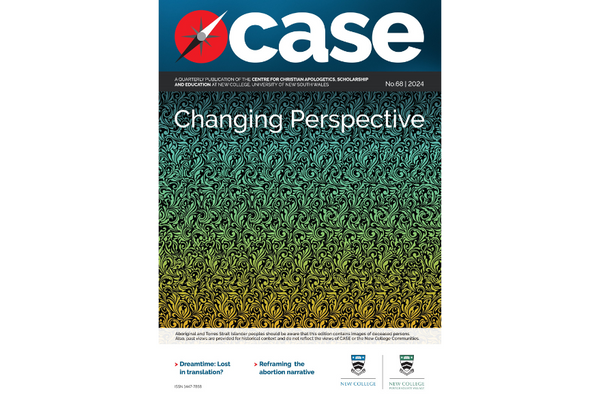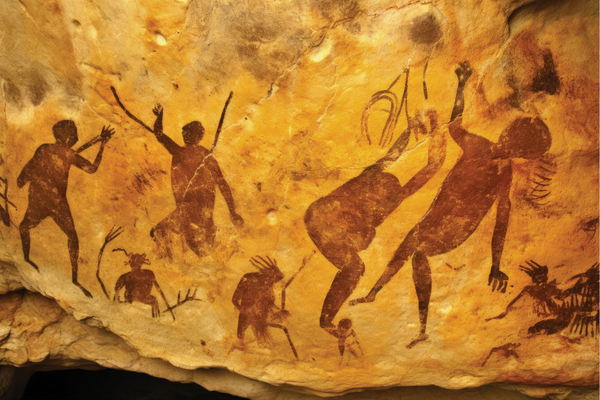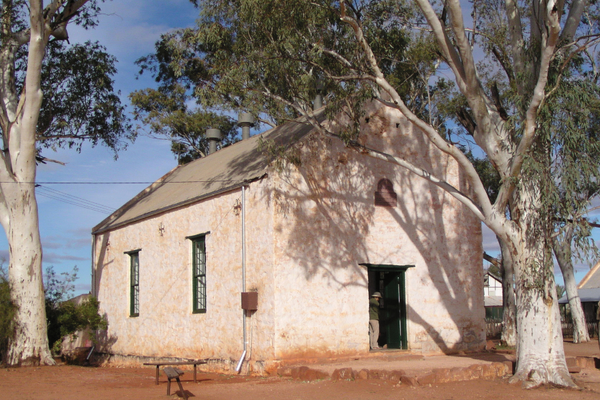Holiday Reading

The Hammer of God, Revised Edition
Bo Giertz, Minneapolis: Augsburg Books, 2005, 372 pp
The Hammer of God by Lutheran Bishop Bo Giertz is a remarkable and unusual book. It is theological fiction which tells a great deal of truth. As its subtitle says, it is ‘a novel about the cure of souls’. Bo Giertz has written what are really three novellas, set in a parish of the Lutheran church in Sweden from 1808 through to 1940, which all revolve around justification by faith in the life of the church and its ministers. Each new sub-story builds upon the last. The first is the story of a young curate who undergoes a profound personal transformation from dry liberalism and then has to face the realities that even such renewal can lead to pride and legalism. The second story, set between 1878 to 1880, deals with the issues of what are good and bad forms of revival and the danger of moving on from Jesus only. The third story, spanning 1937 to 1940, again concerns questions of grace in the face of the then dominant moral rearmament movement. This summary can’t capture the wisdom and the interest that this book creates. It would make an ideal gift to a pastoral minister, or anyone in fact interested in the way in which grace constantly challenges and renews life. Ever since I found it during my ministry in Adelaide in the late 1970s, I have regarded it as a gem.
- Robert Forsyth
Hannah's Child: A Theological Memoir
Stanley Hauerwas, London: SCM Press, 2010, 288 pp
It would be wrong to say I enjoyed Stanley Hauerwas's book, Hannah's Child: A Theological Memoir. I found it embarrassing in places, perverse in argument here and there, and morally shocking (just as I found C.S.Lewis's Surprised By Joy). More accurate to say I felt vivified by it, because Hauerwas demonstrates in his memoir what he teaches to his theology students: ‘[t]he great enemy of the church today is not atheism but sentimentality’ (The Hauerwas Reader, p526). In the tradition of Augustine's Confessions, the Duke Professor traces his path from son of a Texan bricklayer to recipient of the unwelcome and bizarre title ‘America's best theologian’. Along the way, he deals in painful frankness with his marriage breakdown (his wife became mentally ill), his wrestle with personal faith, and his frustrations with the academy (as well as his friendship with former New College Master, Bruce Kaye, and his wife, Louise). All of this is blended casually with Hauerwas's theological work, which is alway profoundly radical and challenging. A lyric from the 2010 U2 song, 'Stand-Up Comedy' captures well the thrust of Hauerwas's advice to theologians: ‘Stop helping God across the road like a little old lady’. Hannah's Child is gripping and intimate reading, a testimony to the complex grace required to walk the Christian way over a long and unpredictable life.
- Greg Clarke
The Secret River
Kate Grenville, Melbourne: Text Publishing, 2005, 352 pp
I thought this book must be worth a read after hearing that 8000 free copies were given out earlier this year as part of the inaugural Sydney University ‘First Year Book Club’. The first part of The Secret River follows the hard life of William Thornhill and his family from poverty to hope to poverty in England, and eventual transportation to Sydney. The second part opens with hope again as Thornhill lays his claim on a patch of land by the Hawkesbury River. The book’s heart and drama comes as the family interacts with the local Aboriginal people. By developing characters with believable hopes, desires and insecurities, Grenville sensitively deals with topics that we usually discuss in generalities and at arm’s length. The book’s power comes from the author’s ability to present both sides of Australia’s indigneous history through the eyes of one man. The reader is challenged to look at their own heart and to grapple with our own prejudices and selfishness. Although not her purpose, Grenville captures the sinful heart of humanity as described in the Bible and I felt myself longing for the characters in this book to know the forgiveness and unity that comes through Christ.
Sue Gooley
Leave a comment
Comments will be approved before showing up.



